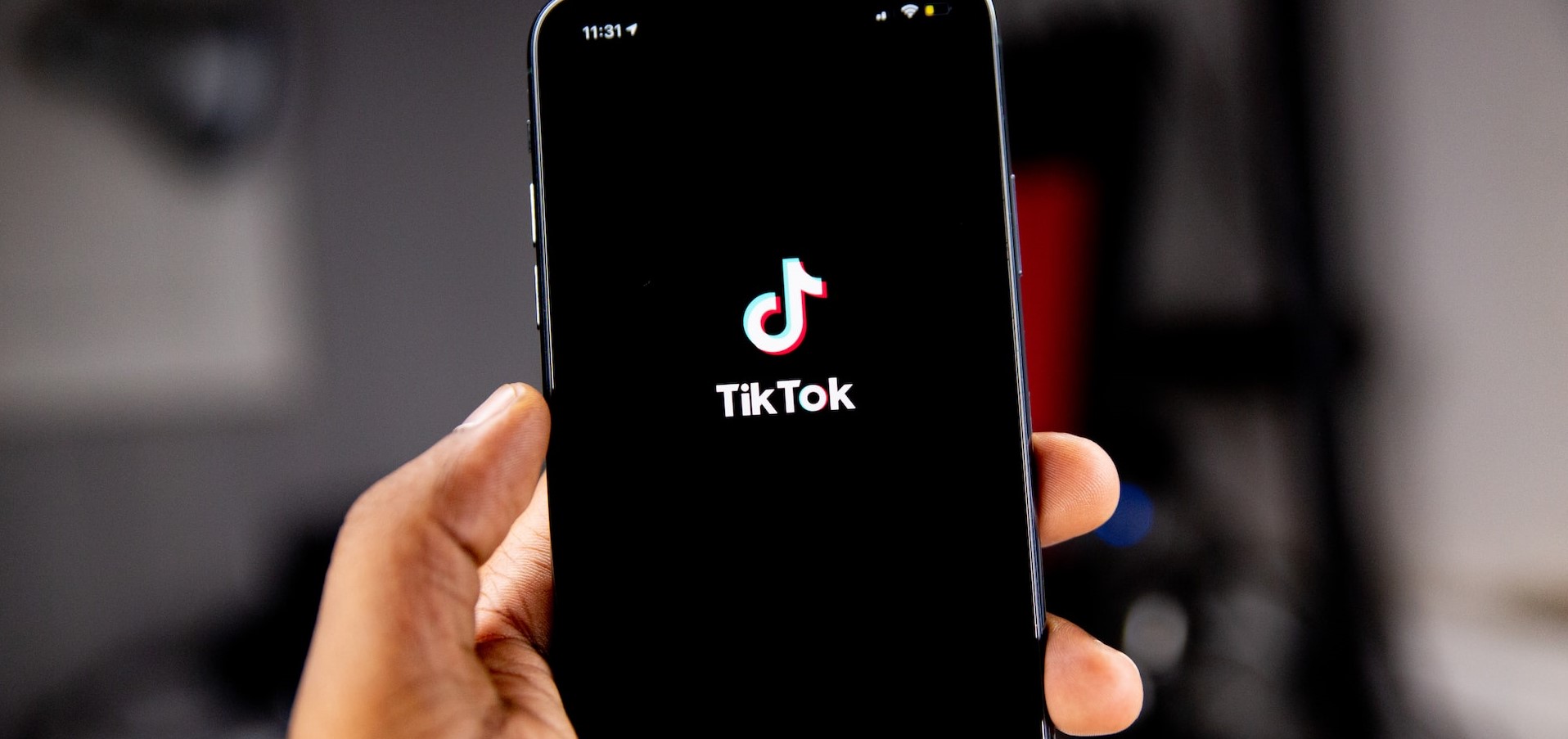InfoTrack’s weekly roundups share the latest in legal news and important updates about our products. You can see all product updates from our release notes.
The latest product updates
- California users can now order courtesy copy delivery without a related eFiling.
- In Florida, documents with fees are now marked as the lead document by default.
- For all service of process orders, new notes added to an order generate their own emails instead of being combined with service attempt emails.
- Big fixed that prevented some fee summaries from generating correctly in California (JTI and CCMS courts).
- On the Order List screen, the Status filter now filters statuses.
This week in legal news
- When adjusted for inflation, average lawyer income is dropping
- Court rules that universities cannot scan student rooms remotely, privacy is more important than preventing cheating
- TikTok’s privacy litigation case settles for $92 million
- After prosecutor sends complaints to a group text message, mistrial is declared for the second time in murder case
Median lawyer income is dropping
While lawyer income appears to be increasing, those salary numbers don’t account for inflation. Lawyers’ median real income has actually dropped 1.9% over the last two decades.
Median lawyer income in the United States was $129,389 in 2001, based on July 2020 prices. In 2020, it was $126,930. The peak during that time period was in 2010, when lawyers earned $134,005 in inflation-adjusted dollars. The decrease in lawyer income comes at a time when the median real income of all workers has increased by 3.93%. (Via ABA Journal)
These statistics come from a study at Old Dominion University. Researchers postulate that declining real salaries might be a result of a decreased demand for legal services.
Privacy more important than cheating prevention per federal court decision
In an attempt to prevent cheating on remote exams, Cleveland State University required students to allow a camera to scan their home during testing. One student, who was asked to sweep a camera around his room that contained sensitive information, brought suit.
Though the camera sweep did not expose any of that private information, a federal court ruled that state universities are subject to the 4th Amendment restriction on unreasonable searches.
The court summarily found that the Fourth Amendment’s protection against unreasonable searches applied to the state university, and that students’ privacy interests outweighed the school’s interest in discouraging cheaters. The court left the door open, though, for less intrusive remote proctoring methods, such as lockdown software and AI that detects suspicious movements. (Via The National Law Review)
The court acknowledged that students who are determined to cheat may find many creative ways to do so that would not be revealed by camera scans or other remote practices. However, the risk of cheating does not outweigh a student’s right to privacy.
TikTok’s settlement over privacy litigation for $92 million is approved by judge
A federal judge granted final approval in TikTok’s $92 million settlement. This large class action suit included plaintiffs in more than 20 cases alleging that TikTok illegally collected biometric and other personal data.
In addition to raising claims under the Illinois Biometric Information Privacy Act (“BIPA”), the consolidated pleadings alleged claims arising under (1) the Computer Fraud and Abuse Act; (2) the Video Privacy Protection Act; (3) California’s Comprehensive Computer Data Access and Fraud Act; and (4) California’s Unfair Competition Law, among other California and consumer protection law claims. (Via The National Law Review)
In addition to monetary relief, TikTok, Inc. is committed to limit the storage and transmission of data outside the US, delete data, provide employee training on data handling, and submit to third-party audits for three years.
Second mistrial declared in murder case after prosecutor sends group text
After a prosecutor accidentally sent a text to a group chat that included the judge, a second mistrial has been declared in a Florida murder case.
Assistant State Attorney Katya Palmiotto sent a text complaining about Broward County, Florida, Judge Peter Holden’s refusal to allow a 911 call as evidence against defendant Corey Gorden to a group of current and former homicide prosecutors, according to the Associated Press, which cited earlier coverage from the South Florida Sun-Sentinel. Holden, a former homicide prosecutor who was appointed to the bench in 2018, was still a member of the group, the Associated Press said. (Via ABA Journal)
The first mistrial occurred in May when prosecutors asked a witness about the defendant’s refusal to give a statement. The judge declared a mistrial because jurors cannot consider a defendant’s silence as evidence of guilt.
Defense attorney Michael Gottlieb has filed a motion to dismiss the case.






